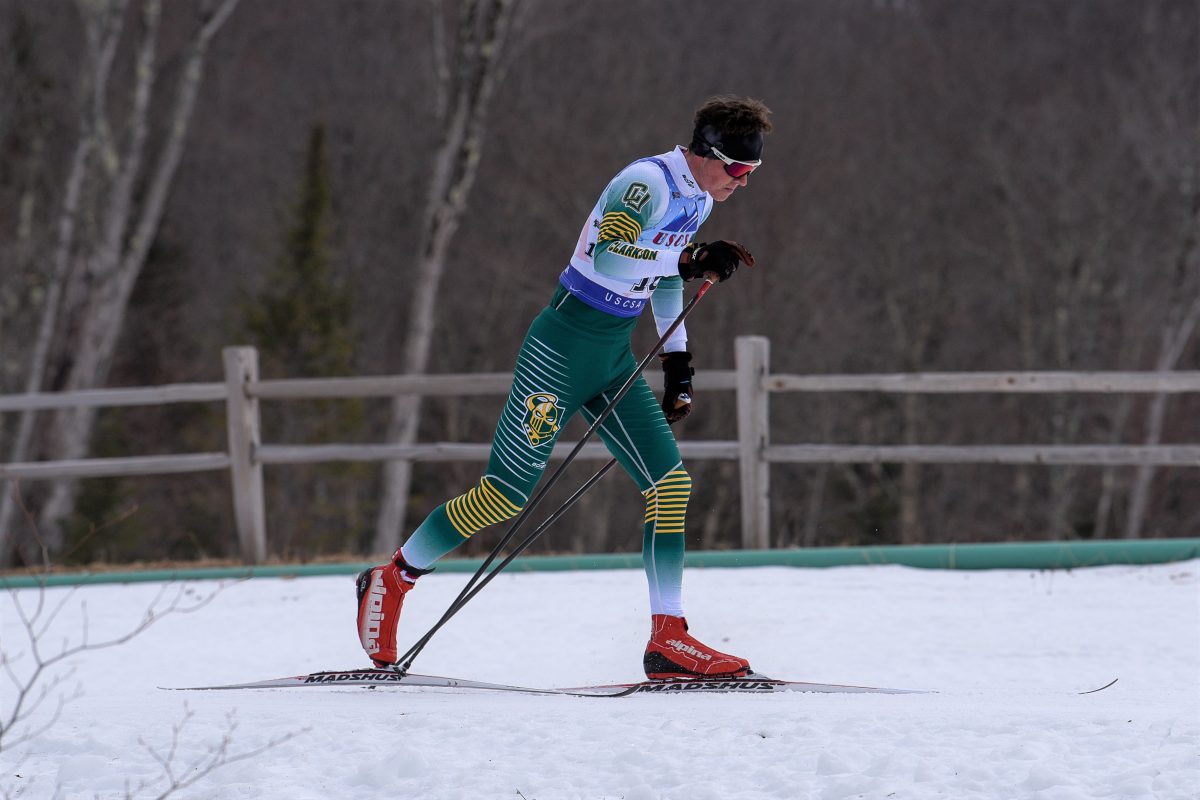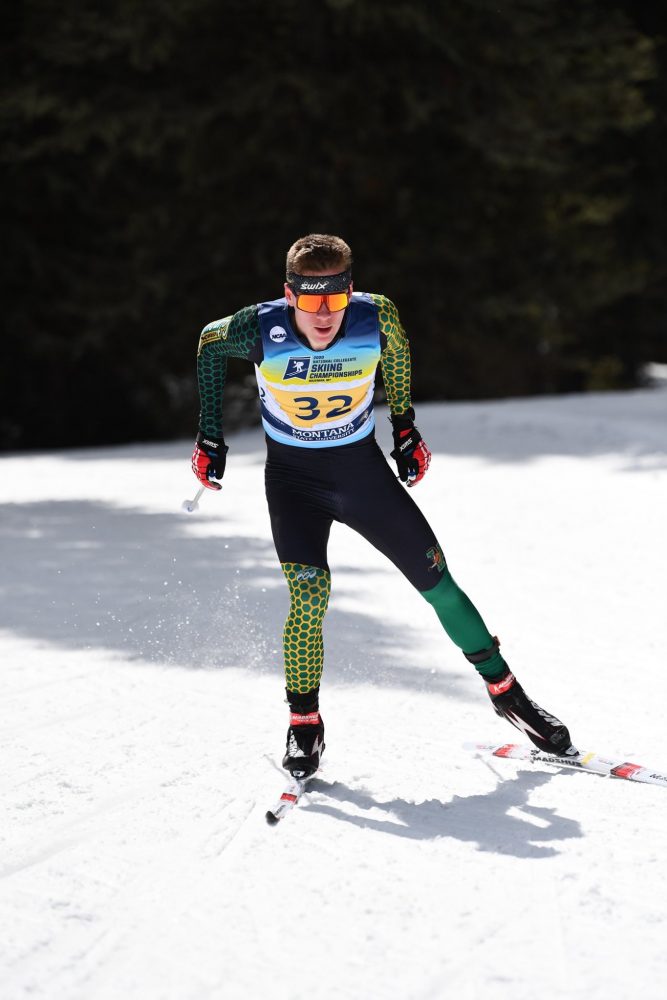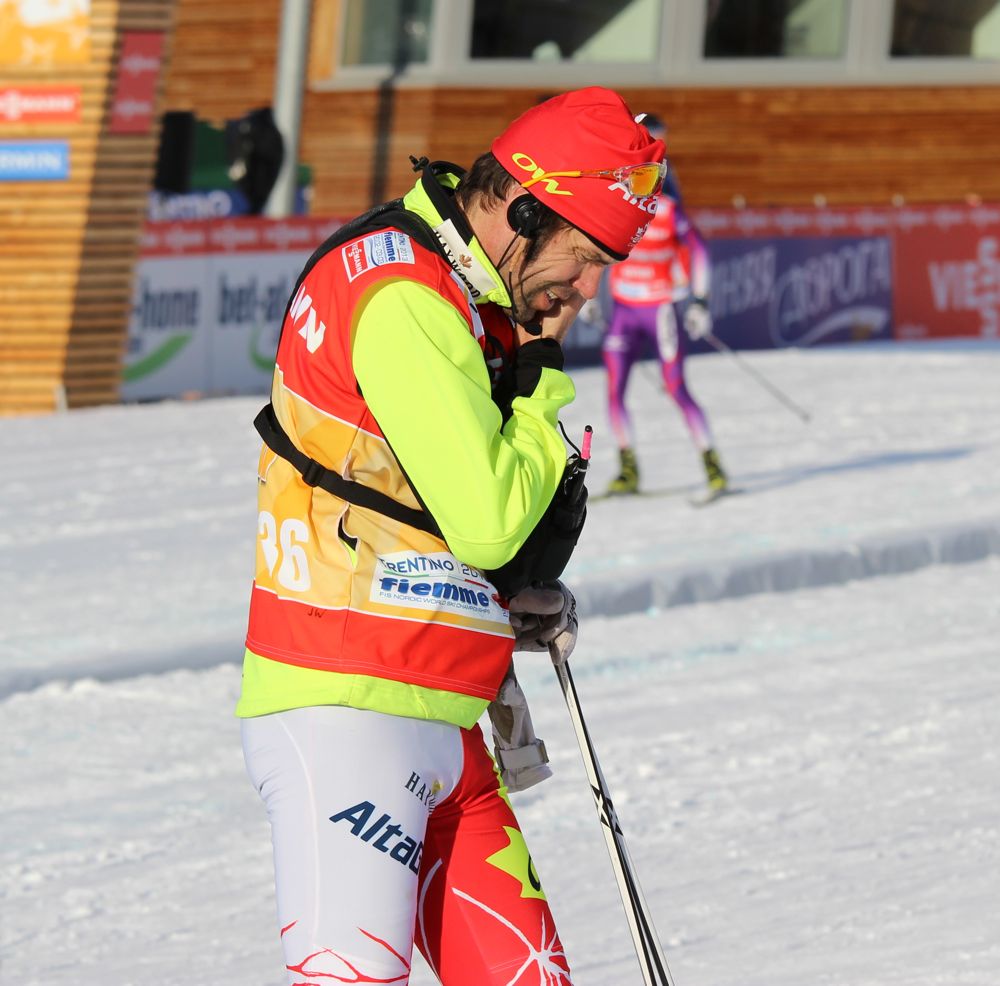
Days after the conclusion of the inaugural Ski Tour Canada, Justin Wadsworth announced he was stepping down after six years as Canada’s National Team Head Coach. Wadsworth, the father of two young children, cited time away from his family as one of the primary reasons for making his decision.
A California native, Wadsworth came to the Canadian team experienced both as a former World Cup skier and U.S. Ski Team coach — a rare combo in North American coaching circles.
One year away from a World Championships, and two from an Olympics, these two big-time events loom on the horizon. Upon Wadsworth’s departure, FasterSkier reached out to several Canadian World Cup veteran athletes — Devon Kershaw, Alex Harvey and Ivan Babikov — as well as a few other athletes Wadsworth coached. The aforementioned three responded.
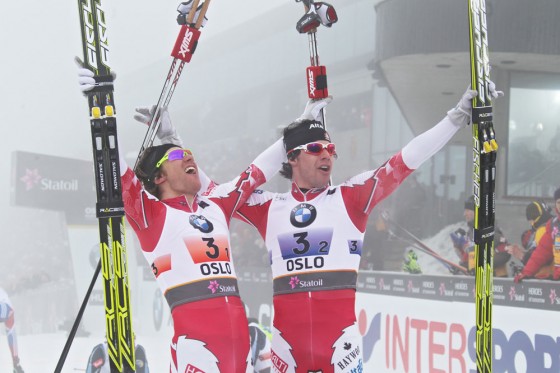
It’d be tough to refute that during Wadsworth’s tenure Canada’s men’s team experienced its best overall results since the onset of the modern World Cup — in 2012, Kershaw finished second overall in the World Cup and Harvey followed in his footsteps placing third overall in 2014. In the last three World Championships, Harvey has racked up four medals, including gold with Kershaw in the team sprint in 2011.
When asked if he was surprised by Wadsworth’s exit, Kershaw said he knew the coach was pulled in many directions.
“I’m an older athlete. I’ve been around the block a bit and Justin is also a friend of mine, too,” Kershaw, 33, said in a phone interview. “When he started a young family and then that family started to get a little older, but not old by any stretch of the imagination, that takes a lot of energy and time. In one sense, it seemed to me that he made the decision fairly quickly, but at the same time, the writing was on the wall. If I am being honest, it did [surprise me], because we are half through an Olympic cycle and in North America that is kind how things are structured from Olympics to Olympics.”
Harvey, 27, also explained he wasn’t quite expecting the news.
“It was a surprise to see Justin step down, though I really think that the transition will be smooth for the team,” he wrote in an email. “He’s been working on all the logistics for Lahti 2017 and PyeongChang 2018 and I know he will share all of that with the new coach and the whole team.”
Harvey paid compliments to Wadsworth’s many contributions. “As soon as Justin came onboard you saw a jump in the team’s performance,” he wrote. “We did have a talented group but he did bring the team to the next level. There’s always a bunch of reasons explaining that, for sure bringing someone new brought freshness on the team, just like we hope this will happen now, but his focus and unprecedented search for ‘little edges’ made us take the jump as a team, and I’m talking about both the women’s and men’s team. Our girls were on World Cup podiums too with him and we had 3 in the red group for a while!”
“His focus and unprecedented search for ‘little edges’ made us take the jump as a team, and I’m talking about both the women’s and men’s team.” — Alex Harvey, on national-team coach Justin Wadsworth’s impact
In particular, since 2010, Wadsworth’s knowledge and style made a lasting imprint on Kershaw.
“He brought a slightly different flavor and he brought a bit of American swagger with him,” Kershaw said. “Which for someone like me, I am not the most confident athlete in the world, that was a really big positive and something that he really helped me with in my career, was being more confident. Not just on the start line, but with my training, with my technique and just how I carried myself.
“Justin obviously brought a lot,” he continued. “In my career, by far my best results were the first couple of years he coached. He brought a lot to the program. Mainly, he’s incredibly analytical, and he thinks things through a ton.”
Babikov expressed over the phone that Wadsworth emphasized quality over quantity when it came to training.
“Being cautious enough, not being too tired, also lots of physiological testing and making sure we will not overtrain, we are rested and ready to race fast,” Babikov said.
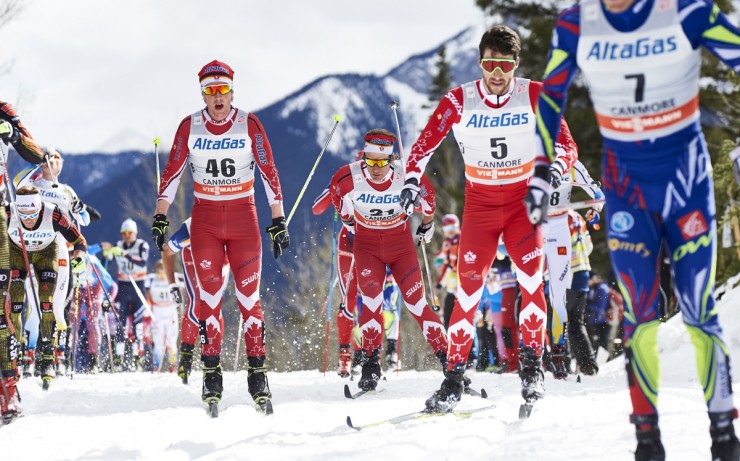
That philosophy was something new for Kershaw when Wadsworth took over the Canadian program.
“He really wanted you to maintain a high level of energy to execute the key workouts every week at a high level, which was something different for me from the past,” Kershaw said of Wadsworth’s less-can-be-more strategy. “I used to get really beat up, maybe more the normal way of training and looking at things. He really, really stresses the system, you have days, maybe weeks that you just feel, like, really, really tired, incredibly tired, then you rest a bit and you come back and you are stronger and then you roll through that cycle.
“And with Justin, he really believed in the ‘why’ when you do training,” he added. “For sure, you can get big improvements and big gains, but the other side of the coin is that if you maintain better energy though a whole year you will have more consistent high quality workouts, and those high-quality workouts add up and then by the main season you don’t have any junk interval sessions.”
For Kershaw, the new paradigm meant dialing the overall training hours back. Initially, Kershaw’s 2012 runner-up finish in the overall World Cup was a proof-positive result. After that high point, Kershaw’s results fell off in comparison: he was 27th overall in 2013, 43rd in 2014, 93rd in 2015, and back up to 35th this season.
“There is no question that it worked for a couple of years there. [Wadsworth] had some good ideas, but at the same time, skiing is always changing and we probably, he’d probably admit that too, we probably made the mistake of after getting a lot of good results there for a couple years,” Kershaw said. “But how sustainable is that over the long term? With hindsight, he would probably agree, too, maybe it would have been better to boost the volume back up to 850-860 [hours] and then before championships, follow the same formula and we didn’t do that. We both believed that at the time, and when you get second in the distance cup and second in the overall, it’s hard to say, ‘You know what? … We are going to put 100 more hours in and get back to feeling really tired,’ and it’s hard to make those decisions at the time.
“Hindsight is 20/20 and … the sad reality is, I don’t do something I don’t believe in,” he concluded. “If I could go back in time and have the same knowledge at the time that I made the decision, I’m pretty confident I’d make the same decisions I made at the time.”
As Canada searches for its new coaching leaders, Kershaw, Babikov and Harvey all reflected on the upside of change: that with new people come new ideas — not necessarily better ideas, but ideas that reinvigorate drive and curiosity.
“Freshness is a big part of it,” Harvey wrote. “I’m looking for a coach that will be able to integrate our system at first, and then bring his knowledge and new ideas to the table.”
Harvey mostly trains under the guidance of Louis Bouchard, head coach of the Pierre-Harvey National Training Centre in Quebec. Kershaw has spent much of the last year overseas in Norway, even during the offseason, with his Norwegian wife Kristen Størmer Steira. Babikov, 35, is based in Canmore, and worked with Wadsworth at the national team’s home base along with senior-development-team skier Graeme Killick. Emily Nishikawa was another one of Wadsworth’s athletes last season, and World Cup Team member Lenny Valjas worked with him for several years.
Although the athletes stated they have no say in the new coach-selection process, that doesn’t mean they don’t have preferences in terms of philosophy.
“I know what I am doing. I probably can do it by myself, but having a coach, especially a national-team coach, you need someone to inspire you, make you go harder than you can by yourself in training or in a race,” Babikov said. “You need someone you trust, someone you respect, someone you feel comfortable with, someone who has your back on the bad days, of course on the good days, everybody is hopefully going to be there for you. What matters on this level, on the bad days, is to turn the bad day around and make it positive and make it pay off the next day.”
Jason Albert
Jason lives in Bend, Ore., and can often be seen chasing his two boys around town. He’s a self-proclaimed audio geek. That all started back in the early 1990s when he convinced a naive public radio editor he should report a story from Alaska’s, Ruth Gorge. Now, Jason’s common companion is his field-recording gear.


